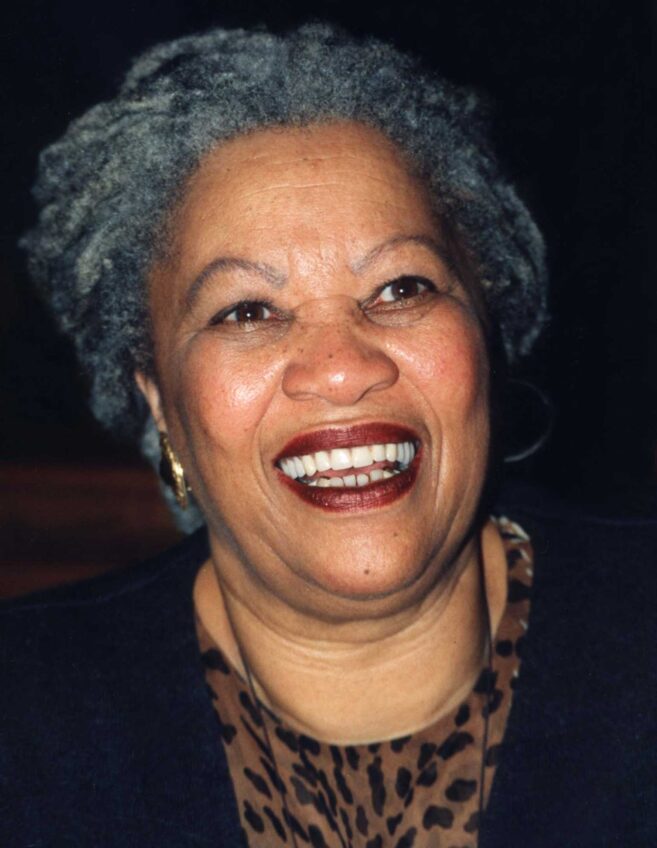“Today’s ruling is a watershed win for good men and women all across America and is the result of a decades-long fight the NRA has led.”
This was the official statement from long time National Rifle Association CEO Wayne LaPierre, so happy he couldn’t see straight after the SCOTUS, in a sweeping decision on gun restrictions in New York, virtually knocked out any controls on guns.
This is the same LaPierre who did one of the greatest political tightrope acts in history following the Uvalde, Texas school massacre in May. He condemned the killing without once mentioning the word “gun” or “control.” LaPierre also wasn’t shaken by the tepid and virtually toothless gun control bill finally Congress passed after decades of resistance, which the SCOTUS decision pretty much rendered meaningless.
The same could hardly be said about the continuing gun carnage in America. At the start of June, the country had racked up 246 mass shootings in 2022. Massacres are getting so routine and commonplace, there’s a real danger that they’ll no longer make the news.
The one meaningful piece of gun restrictive legislation that did any good was the 1994 assault weapons ban passed during the Clinton administration. It had a 10-year shelf life, and it was not renewed in 2004. The NRA and the gun lobbies worked overtime to make sure that when it came up for renewal it was dead in the water.
The assumption is that the NRA and the gun lobby are so all-powerful and financially well-heeled that they can beat back any congressional move to impose tougher restrictions on gun access. It certainly has done an expert job for decades at that. The NRA didn’t even issue an official statement on the Sandy Hook school massacre in 2012 that claimed the lives of 26 school children.
The NRA’s money and influence and the saber-rattling of gun control opponents are only part of the reason that tougher gun control laws, no matter how many heartbreaking massacres occur, always face a tough fight. Gun ownership is a fact of American life and a rigidly protected constitutional right.
When Barack Obama was in the White House, he simply followed precedent, leaving tougher gun sales and trafficking restrictions to the states. Some states did pass laws that banned assault guns and high-capacity ammunition magazines, limited the number of gun sales, required child safety locks on new guns and outlawed the sale of cheap handguns.
The drawback to state-by-state gun action is that it does not significantly limit gun trafficking across state lines. It also doesn’t begin to address the question of how to identify and prevent legions of human ticking time bombs who have no criminal record and appear to be normally functioning from legally purchasing and even stockpiling weapons, including weapons of mass destruction. Only Congress can pass a uniform federal standard to restrict the manufacture, sale and transport of guns.
This is where the fight begins — and unfortunately has, through the years, quickly ended. Congress was virtually mute on any gun curbs in the years since the expiration of the assault weapons ban. Gun control bills were written and introduced, but not one piece of gun control legislation made it to the House floor. In almost all cases, none of the proposed curbs even made it out of a House committee.
Gun control was not necessarily dead in the water. Following the Robb school massacre and the murder by a white supremacist of 10 Blacks in a Buffalo supermarket in May 2022, gun control was back on the Congressional table. With freshly aroused public outcry after the Texas massacre, there was some movement.
A handful of Republicans agreed to consider proposed legislation. The most significant required stringent background checks and an intensive review of juvenile and mental health records on sales to those under age 21. Even with this, the ancient problem remains: The proposed law does not ban outright the sale of assault weapons to young people, nor to anyone. The loopholes skirting even this law are still wide open.
If the GOP and more than a few Democrats have their way, that’s not likely to change. The result: America will still resemble more a gunfight at the O.K. Corral, with more massacres and with the human pain and suffering they bring, being the order of the day.
Earl Ofari Hutchinson is an author and political analyst.






